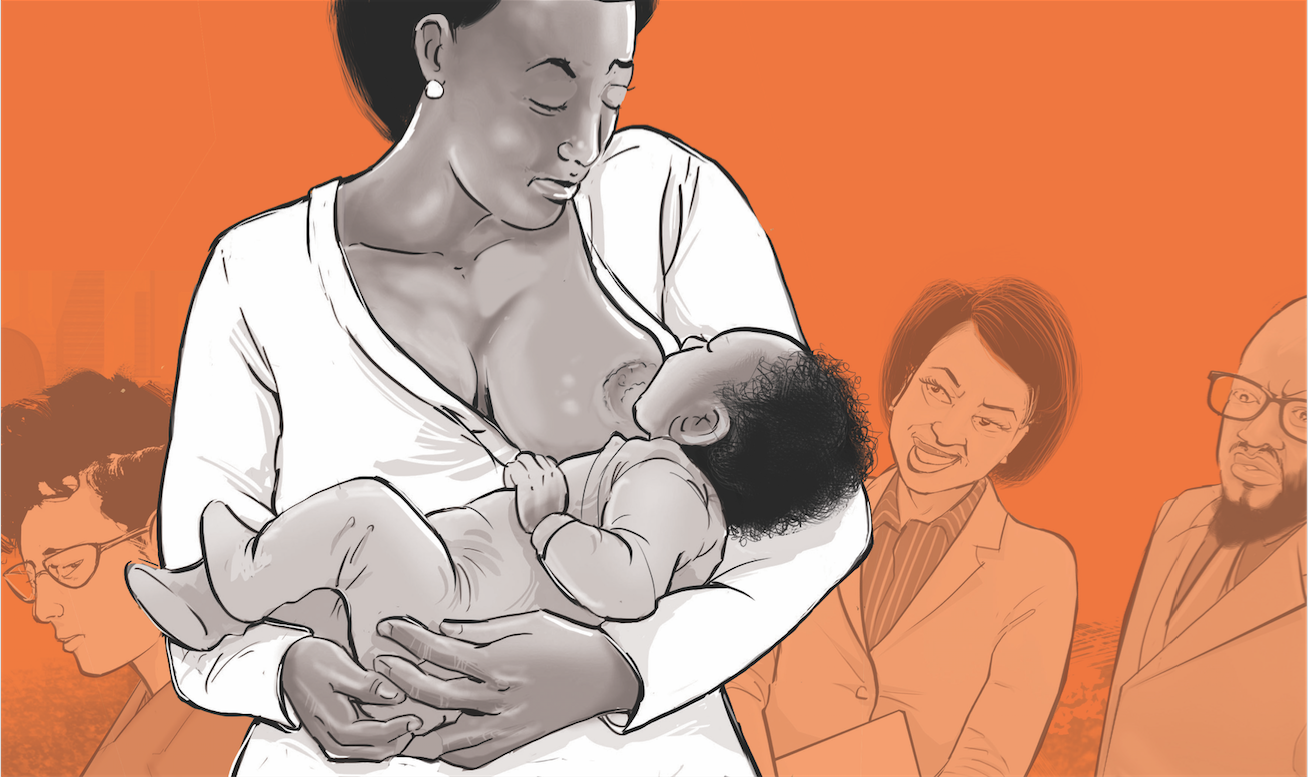
World Breastfeeding Week: August 1 to 7
Theme for 2025: “Breastfeeding and Work: Let’s Make It Work!”
WHO recommends exclusive breastfeeding for the first six months of life
In Summary

Audio By Vocalize

Breastfeeding is often viewed simply as a way of nourishing a baby, but it is far more than that. It is a natural, powerful act that can mean the difference between life and death for millions of infants around the world.
The World Health Organisation (WHO) recommends exclusive breastfeeding for the first six months of life, followed by continued breastfeeding alongside appropriate complementary foods up to two years and beyond.
This recommendation is grounded in overwhelming evidence that breastfeeding is not only about sustenance, it is about survival, health, and long-term well-being.
From the moment a baby is born, breast milk provides an unparalleled source of nutrition tailored to the infant’s needs.
It contains the perfect balance of proteins, fats, carbohydrates, vitamins, and minerals in a form that is easily digestible.
Beyond basic nourishment, breast milk is rich in antibodies, immune cells, and bioactive compounds that protect the baby against life-threatening illnesses.
These protective factors are particularly critical in the first months of life when an infant’s immune system is still immature.
One of the most life-saving components of breastfeeding is colostrum, often referred to as “liquid gold.” This thick, yellowish milk produced in the first days after birth is packed with antibodies and immune-boosting factors.
Colostrum acts as a newborn’s first vaccine, helping to prevent infections such as diarrhoea, pneumonia, and sepsis—diseases that are leading causes of infant mortality, especially in low-resource settings. Studies have shown that babies who are breastfed within the first hour of birth have a significantly lower risk of dying in the neonatal period.
Breastfeeding also reduces the risk of chronic illnesses later in life. Exclusively breastfed infants are less likely to suffer from obesity, type 2 diabetes, and cardiovascular diseases in adulthood.
The life-saving benefits extend to mothers as well. Breastfeeding lowers the risk of postpartum haemorrhage, helps in faster uterine recovery, and reduces the long-term risk of breast and ovarian cancers. It also helps with natural child spacing by delaying the return of fertility in the months after birth.
In emergencies such as natural disasters, displacement, or conflict, breastfeeding becomes even more vital. It ensures a safe, reliable, and sanitary food source when clean water and formula may be unavailable or unsafe. In such contexts, breastfed infants have a higher survival rate than those fed on alternatives.
However, despite its proven life-saving benefits, breastfeeding faces barriers including misinformation, inadequate maternity leave, lack of family and community support, and aggressive marketing of breast milk substitutes.
Overcoming these challenges requires strong public health policies, workplace accommodations, and community education to protect, promote, and support breastfeeding.
In essence, breastfeeding is an act of love, protection, and resilience. It is nature’s most efficient, sustainable, and life-saving gift to both babies and mothers.
Recognising breastfeeding as more than just feeding, and as a powerful intervention that saves lives, should inspire society to prioritise and support it at every level.

Theme for 2025: “Breastfeeding and Work: Let’s Make It Work!”